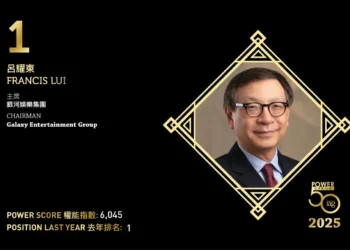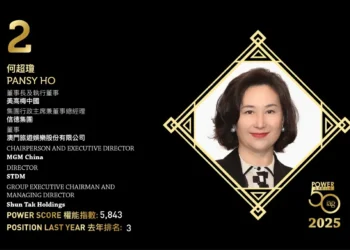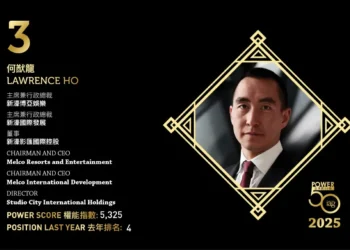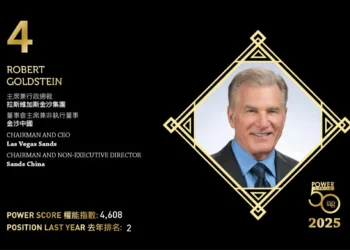Gross gaming revenue in the Philippines is tipped to surge by 32% in 2018 to Php145.7 billion (US$2.9 billion), driven by a fully operational Okada Manila and favorable conditions according to financial services firm Morgan Stanley.
In a new report looking at the state of the Philippines gaming market, Morgan Stanley analysts have revised their 2018 GGR prediction upwards from 28%, with anticipated EBITDA growth of 27% also exceeding regional peers, including Macau.
“We maintain our view that the Philippines gaming market is in its early stage of development, and should continue to grow faster than the economy, driven by low penetration, strong local economy, supply additions, Chinese visitor arrivals, regional VIP strength, favorable policies and infrastructure improvement,” the report says.
“We believe 32% GGR growth, 27% EBITDA growth and relatively cheaper valuation than regional peers deserve more attention in 2018, and consensus is underestimating the low penetration. Cash deployment for capital return and capacity expansions are new bright spots for 2018.”
Okada Manila, which held its soft launch in December 2016 but won’t be fully operational until 1H18, is set to contribute much of the GGR growth although Morgan Stanley still expects 14% GGR growth excluding Okada.
It includes 17% mass market growth for Melco Resorts’ City of Dreams Manila, 15% for Travellers International – which suffered an 18% mass market decline in 2017 following the tragic shooting event in June – and 14% mass growth for Bloomberry via its Solaire Resort & Casino.
On the VIP side, Morgan Stanley said it expects Bloomberry and Melco Resorts Philippines’ combined VIP revenue to grow 13% in 2018, “helped by 1) regional VIP revenue growth rebound in 2017 (Macau: +24%; Singapore: +30%), 2) mid-sized Macau junkets expanding overseas, and 3) video streaming.”
“We forecast VIP growth of 36% in 2018 (2017: 24%) with existing casinos (excluding Okada) growing at 13% (2017: 15%),” the report continues.
“We prefer to stay conservative on VIP business owing to its volatility, correlation with macro economy and higher regulatory risks. Since VIP revenue in the Philippines of US$1 billion in 2017 is small compared to regional peers like Macau (US$16 billion) and Singapore (US$2 billion), we see huge future upside.”




































